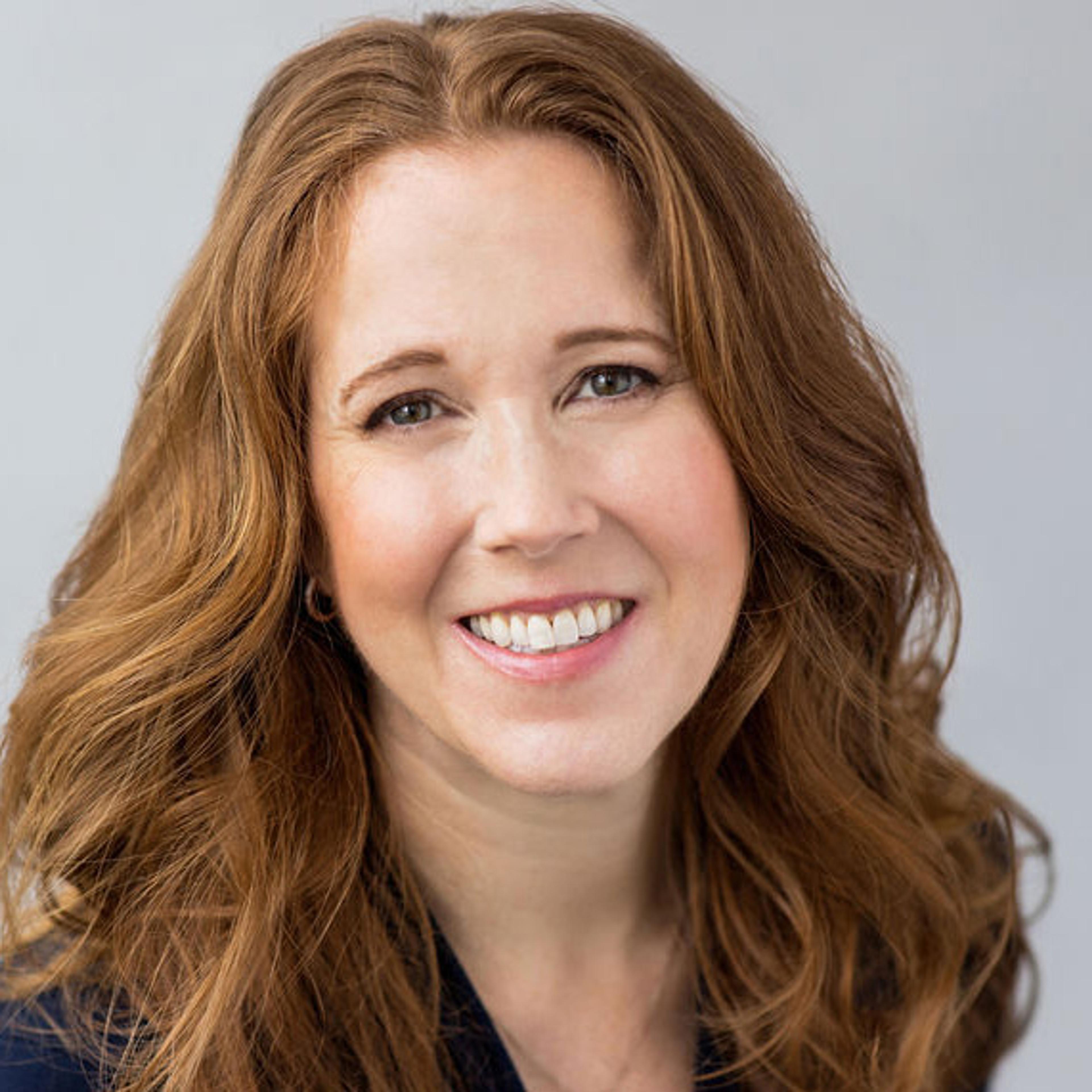


Eating disorders are complex brain disorders. Unfortunately, because of how normalized disordered eating patterns can be in our society (thanks, diet culture), it’s easy to minimize or ignore the signs that you need help. You may think you’re “not sick enough” for treatment, or that you can just push through and recover on your own. But the truth is, eating disorders of any severity need specialized eating disorder treatment. In order to achieve lasting recovery, it’s important to work with an eating disorder specialist or specialists who understand your specific diagnosis and unique needs.
Signs that you should see an eating disorder specialist
- Changes in eating habits. Any major shift in what or how you eat can be seen as a warning sign of an eating disorder. This could include cutting out entire food groups, counting calories, binge eating, or “purging” food through excessive workouts, vomiting, or misuse of laxatives and diuretics.
- Major weight fluctuations. Major weight changes, either up or down, are another common sign of an eating disorder. These changes could result from sudden changes in your eating habits, newly adopted purging behaviors, excessive exercise, or other disordered eating patterns. If there’s no other medical explanation for your weight changes, an eating disorder could be the cause. An eating disorder specialist can help you evaluate and address the factors contributing to these fluctuations.
- Preoccupation with food or body image. Do you spend a lot of time thinking about food? If thoughts of food or your body are taking up most of your mental real estate—taking priority over work, family, or other important parts of your life—it’s a bright red flag. Constant thoughts of food, exercise, or your body signal that something bigger is going on. If you feel bombarded by constant thoughts related to food or your body image, an eating disorder specialist can help.
- Social withdrawal. Withdrawing from your normal social life is another sign that you may need help. If you’re struggling with an eating disorder, you may want to avoid situations that involve food or eating around other people. You might find yourself declining invitations to parties, avoiding restaurants, and even skipping family meals. An eating disorder specialist can help you understand the emotional and physiological roots of this behavior, and develop healthy coping strategies to reconnect with the people you love in your life as you move toward recovery.
- Emotional distress. Difficult emotions often go hand-in-hand with eating disorders. This can be because of the stress and anxiety that eating disorders cause, as well as the fact that nutrient imbalances can have a major impact on the way your brain functions. A specialized eating disorder dietitian can help you regain nutritional balance, and an eating disorder therapist can help you reach a place of emotional stability and resilience.
- Persistent stomach pain. Do you experience recurrent stomach pain without another clear cause? Your pain might be connected to an eating disorder. Digestive issues are a common sign of eating disorders, often resulting from irregular eating patterns. Bingeing, purging, and restriction—three of the most common disordered eating behaviors—can all lead to gastrointestinal distress.
What do eating disorder specialists do?
Eating disorder specialists are clinicians who are specifically trained in treating eating disorders. The term “eating disorder specialist” can refer to a variety of different types of providers, including dietitians, therapists, physicians, psychiatrists, and nurses. Eating disorder specialists have all received training and licensing for their particular role, as well as additional training in and hands-on experience treating patients with eating disorders. Eating disorder specialists may be specialized in a variety of different evidence-based approaches to treating eating disorders, such as FBT, CBT-E, and DBT.
This means that eating disorder specialists will take a targeted, recovery-focused approach to treating an eating disorder. For example, a therapist who specializes in eating disorders will conduct sessions in a different way than a general therapist. They’ll focus sessions specifically on developing coping skills specific to eating disorder challenges, identifying root causes of disordered behaviors, and developing strategies to handle triggers. An eating disorder dietitian, in turn, will take an eating disorder-informed approach that avoids diet culture messaging and helps you build food freedom.
There are many different types of eating disorder specialists who can help you tackle different aspects of the eating disorder. At Equip, each patient is matched with a dedicated 5-person care team that consists of a medical provider, therapist, dietitian, peer mentor (someone who has recovered from an eating disorder themselves), and family mentor (someone who has helped a loved one through recovery, who can support your friends and family). The entire care team specializes in helping patients with eating disorders achieve lasting recovery.
Get in touch with our team today for more information or to schedule a consultation.







